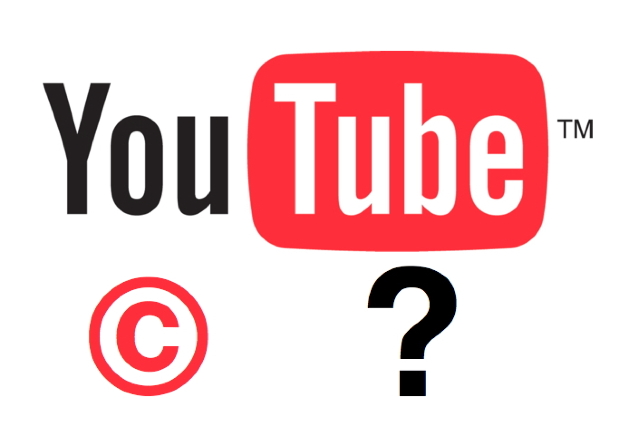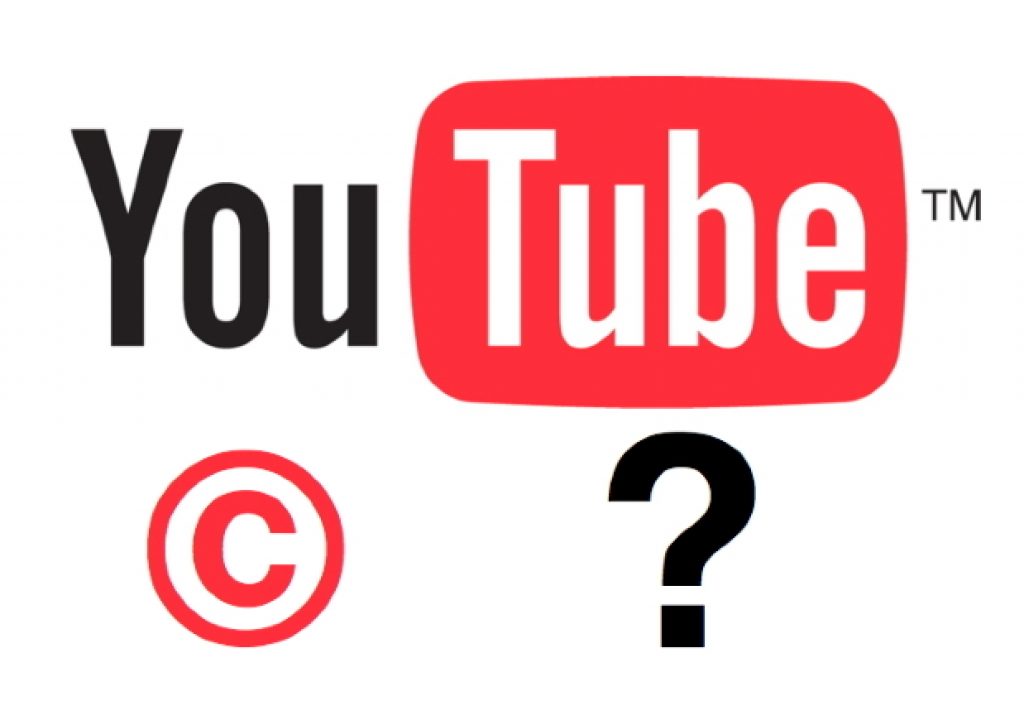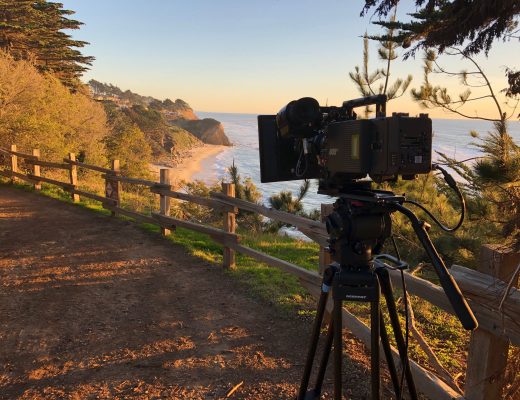
YouTube can be an attractive place to host your video work, especially since YouTube doesn’t charge you any money. Some content producers -who don’t (yet) have their own contracted unlimited web server- choose to use YouTube in order to avoid excessive bandwidth surcharges from their current web host, and then embed that video in their own website. Other producers use the YouTube service as a public gallery, hoping to get interest in their products or services. Many of those producers are oblivious to the fact that when uploading content on YouTube’s servers, they are granting YouTube a perpetual, irrevocable, worldwide, non-exclusive, royalty-free, sublicenseable and transferable license to use, reproduce, distribute, prepare derivative works, display, and perform the content. You may imagine that there are cases where this can jeopardize your copyright, leverage, and bargaining power in any subsequent transaction with a potential purchase of the material or concept. In this article, I’ll explore the details, and discuss when I believe it makes sense to use YouTube, and when it makes more sense to use your own contracted unlimited web hosting service.
First, I’ll quote the relevant section 6-C of YouTube’s current Terms of Service:
For clarity, you retain all of your ownership rights in your User Submissions. However, by submitting User Submissions to YouTube, you hereby grant YouTube a worldwide, non-exclusive, royalty-free, sublicenseable and transferable license to use, reproduce, distribute, prepare derivative works of, display, and perform the User Submissions in connection with the YouTube Website and YouTube’s (and its successors’ and affiliates’) business, including without limitation for promoting and redistributing part or all of the YouTube Website (and derivative works thereof) in any media formats and through any media channels. You also hereby grant each user of the YouTube Website a non-exclusive license to access your User Submissions through the Website, and to use, reproduce, distribute, display and perform such User Submissions as permitted through the functionality of the Website and under these Terms of Service. The above licenses granted by you in User Videos terminate within a commercially reasonable time after you remove or delete your User Videos from the YouTube Website. You understand and agree, however, that YouTube may retain, but not display, distribute, or perform, server copies of User Submissions that have been removed or deleted. The above licenses granted by you in User Comments are perpetual and irrevocable.
By now, you probably get the impression that uploading your content to YouTube can be a double-edged sword. On the one hand, if you host your video on YouTube and embed it on your site, you won’t have to worry about excessive bandwidth charges, and it will be shown off to a huge audience for free… but you will have to be concerned about the license you have given to YouTube. This is an issue I discussed recently with a friend who produced a pilot for a reality show on spec, hoping to sell the concept to a TV network. I told her that if she uploaded the demo to YouTube, she might end up negotiating a deal with a network but for a much lower price, since she would no longer be able to offer the network exclusive rights to the content or concept, since non-exclusive rights would already have been granted to YouTube. In this case, I believe my friend is better off uploading the content to a contracted unlimited web hosting service, like the one we use at TecnoTur. (More about that is ahead in this article.) That way, she would protect her copyright, leverage, and bargaining power.
On the other hand, if you are not expecting to sell the exact content or concept that you’re considering uploading to YouTube, but are simply using the gallery as a promotional tool, then it may make total sense to do it. However, even if you do that, I would still do it only for the YouTube gallery, not for embedding on your own website, since there you are better off not having YouTube’s logo superimposed on your professionally produced content. Either use your own contracted unlimited web hosting service, like the one we use at TecnoTur… or possibly consider using a Vimeo Plus account as I described in a recent article, since with a paid Vimeo Plus account, you can de-activate the Vimeo logo. However, I would only consider that after Vimeo fixes the embedded mobile version, which is described in detail in that article. Even with Vimeo, you also need to consider the same issues as those discussed here with YouTube, since after studying Vimeo’s newly revised Terms of Service, you are basically in the exact same position as with YouTube, unless you mark the video as “Private”, in which case it will no longer be visible in Vimeo’s public gallery.
Disclaimer
I am not an attorney of any type. What I am writing is based upon what I consider to be common business sense. To be sure, consult your favorite copyright attorney.
A question I can’t answer
Once a seminar attendee asked me: “What happens if I previously add a ‘bug’ to the video saying ‘© My Company-All Rights Reserved”? Basically, one contract’s terms is violating the other contract’s terms. I don’t know how it is determined which contract overrides the other. Charles B. Kramer -the attorney behind the OFF-THE-CLOCK TECH LAWYER channel at ProVideo Coalition– is welcome to comment below, as is any other attorney who may wish to do so. However, regardless of the legal answer, I believe that if you have uploaded your content to YouTube (in a case like my friend with the reality show), you will be in a much weaker position when negotiating a price with a TV network, whether or not you had the ‘bug’ on the video, and whether or not it overrides YouTube’s Term of Service. I believe that even because you may be technically protected by that bug, the situation can go against you when the TV network starts haggling with you about the price.
The server we use at TecnoTur
As explained previously in SFTP: An open letter to all software developers with FTP-only support, the server we use at TecnoTur offers both SFTP and unlimited bandwidth at no extra charge, which is very important for us since we produce on-demand media content (i.e. ‘podcasts’). I have been using them for about two years and I am extremely happy with their reliability, speed, and customer service. The host is called DreamHost, they are located at DreamHost.com, and beyond the excellent offering you’ll find there whenever you check, you will receive an even better deal if you enter TECNOTUR in the referral code when registering. You must enter it in manually. I intentionally did not build it into the link, because I want it to be very clear what you would get without entering the code, and what additional benefit you’ll get after you do.
Allan T©pper’s articles and seminars
Get a full index of Allan T©pper’s articles and upcoming seminars and webinars at AllanTepper.com. Listen to his radio program TecnoTur, together with Tanya Castañeda, Rub©n Abruña, and Liliana Marín, free via iTunes or at
Disclosure, to comply with the FTC’s new rules
Neither DreamHost nor YouTube is directly paying Allan T©pper or TecnoTur LLC to mention DreamHost in this article. However, any new accounts created at DreamHost using the TECNOTUR referral code will eventually turn into a bonus for the purchaser and a credit on TecnoTur LLC’s account at DreamHost, to reduce the cost of TecnoTur LLC’s payments to DreamHost.

Filmtools
Filmmakers go-to destination for pre-production, production & post production equipment!
Shop Now













